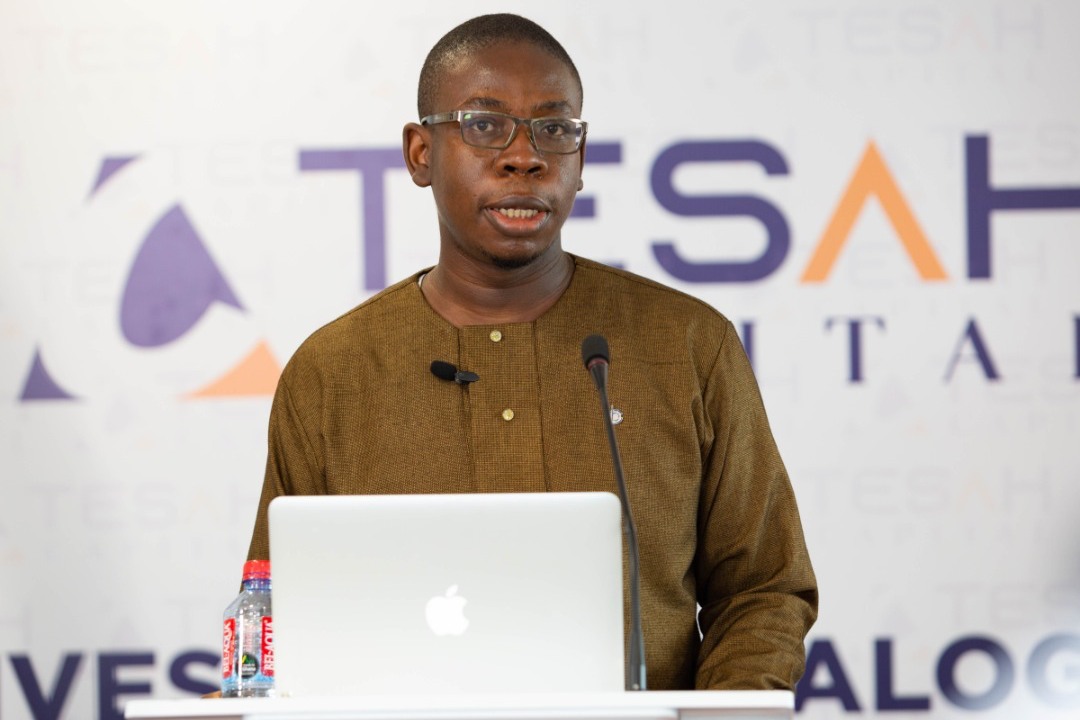On Monday, 5th December 2022 the Republic of Ghana announced that it was inviting eligible bond holders to exchange approximately GHS137.3 billion of domestic bonds for a package of new bonds.
The domestic debt exchange (DDE) programme is part of a more comprehensive agenda to restore debt sustainability.
The government has made further amendments to the terms of the debt exchange program since the initial announcement.
In particular, the expiration date of the invitation was extended to Monday 16th January 2023 and the settlement date for the invitation expected to occur on Tuesday 24th January 2023.
These changes were announced on 24th December 2022.
Using an indicative bond, the findings show that before the announcement of the debt exchange programme, investors had lost about 63% of the market value of their investments due to the increase in interest rates.
Our analysis further reveals that the initial debt exchange proposal announced by the government would have wiped off an additional 72% of investors wealth.
When we compare the new debt exchange proposal to the old one, we find that the new proposal is better than the old one. The new proposal leads to a loss of 67% compared to the previous 72%.
We find that the new proposal is better because it throws off cash flows quicker to investors.
Finally, our experiments show that the proposed debt exchange programme is actually worse than a 100% haircut.
If the government had undertaken a 100% principal haircut without altering maturities and adjusting coupons, investors would have been far better off.
Our analysis suggests that a 100% haircut would have just led to a 21% loss for investors in present value terms.
This is so because the new bonds stretch out the cash flows many years into the future and therefore are severely impacted by discounting far into the future.
Alternatively, this can be seen as the old bonds paying of bigger cash flows due to the higher coupons in a shorter time period.
These cash flows are not affected severely by discounting as the cash flows do not stretch far into the future.
Finally, our findings indicate that the implied yield to maturity on the new bonds is about 7.5%. This represents the ‘new’ return being offered to investors.
We believe that though our analysis is based on an indicative bond, this largely reflects the position of most investors.
The analysis can easily be modified for any bond or a portfolio of bonds. Our analysis is purely academic in nature, and we make no value judgements as to whether investors should accept the bond offer or not.
Investors should seek independent financial and/or legal advice as to the options available to them.
Written by:
Elikplimi Komla Agbloyor
Associate Professor, Department of Finance, University of Ghana Business School.
Chair of Research Committee, Tesah Capital
Data Scientist (Machine Learning and Artificial Intelligence Applications in Business)
Dennis Nsafoah
Assistant Professor of Economics
Niagara University, NY
Member of Research Committee, Tesah Capital



